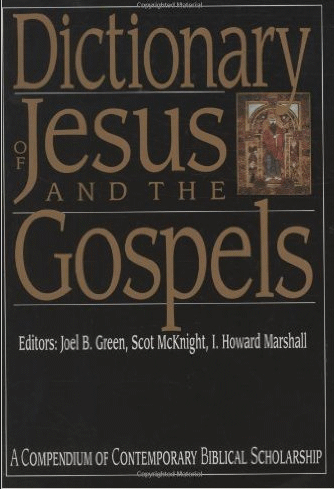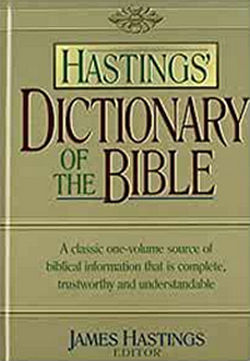hebrew word form dictionary
Everett, Gary – Study Notes on the Holy Scriptures (64 vols)
The American Church Dictionary and Cyclopedia By WIlliam James Miller First published in 1901. The Preface explains: “The writer of the following pages has long been convinced, from an experience of many years in the Ministry, that a great desideratum among Church people is a Church Dictionary, especially one not so expensive as the more costly works, and at the same time something more complete and satisfactory than a mere glossary of terms. What seems to be needed is an inexpensive, handy volume, “short enough for busy people, plain enough for common people, cheap enough for poor people,” yet complete enough to give the information needed. The present work was undertaken with this object in view.”
Arthur W. Pink (1886-1952) wrote and published his monthly 28 page expository digest, Studies in the Scriptures, from 1922 to 1953. Each issue contained continuing serialized articles on six to eight subjects. The 380 issues comprise a treasure of immense proportions. These are currently republished serially by Chapel Library. The Annual Volume 1948 contains the January through December issues of the Studies in the Scriptures from that year.
This classic work is a comprehensive study on the life of Christ, including every reference to His life and teaching.
This dictionary will focus on the Tabernacle and items related to the Tabernacle and Temples such as the Feasts, Priesthood and Items in the Tabernacle.
Hastings’ Dictionary of the Bible
Whyte’s Dictionary of Bible Characters
Bullinger Figures of Speech Used in the Bible Explained and Illustrated (Dictionary format) This is E.W. Bullinger’s “Figures of Speech Used in the Bible Explained and Illustrated.” However, it is in .dct.twm format. This module already/also exists as an ebook module.
Word Studies in Old Testament, New Testament


